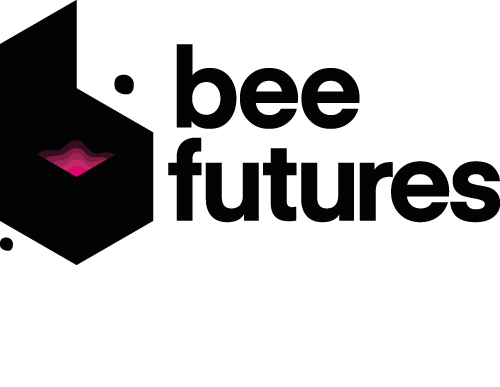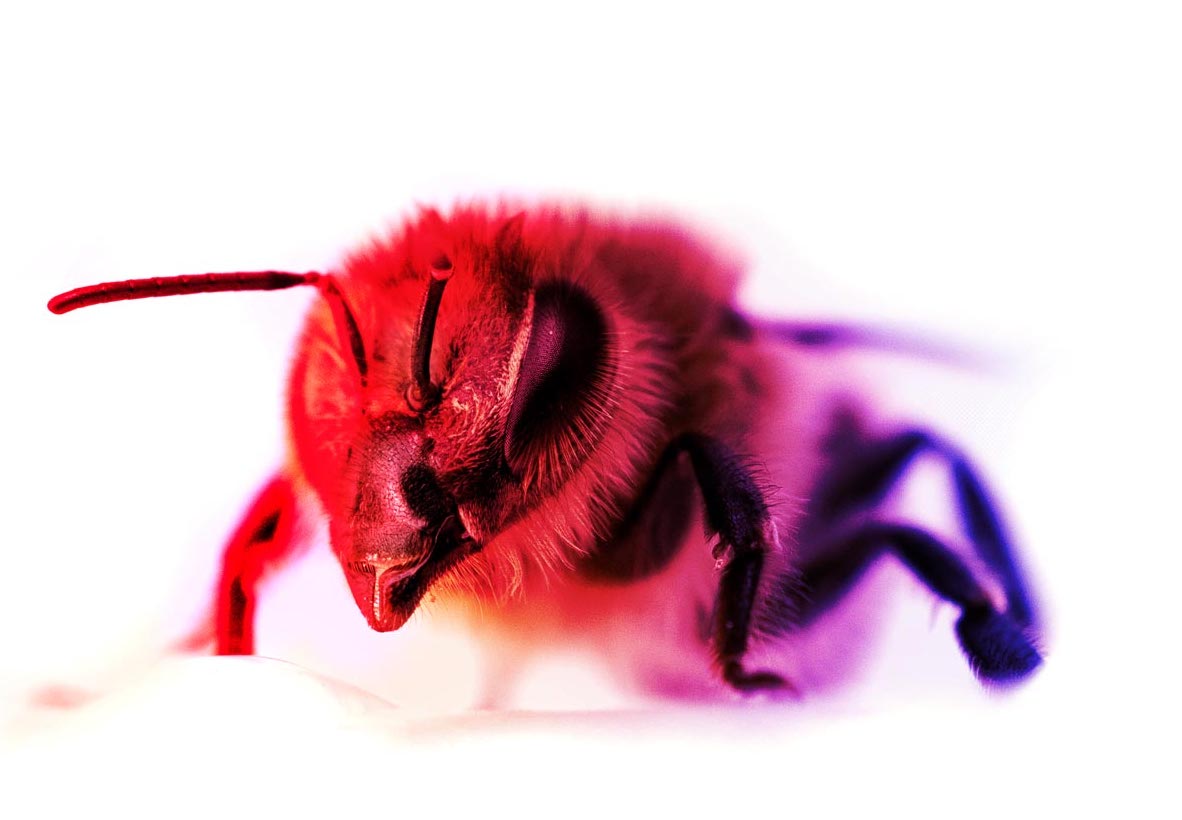A totally new approach to addressing bee decline
Tiny pollinators play an essential role in our ecosystem, but there’s a silent enemy often overlooked–metabolic stress.
Much like how stress affects humans, it also takes a toll on bees, aging them prematurely and compromising their immune systems and overall health. This stress can stem from various sources such as transportation, poor diet, and exposure to harmful pesticides, culminating in colony collapse, further exacerbated by threats like the varroa mite.
At Beefutures, we wanted to look at the heart of this problem, pinpointing where the damage occurs–within the cell itself. By providing a boost of energy to cells through the use of photons, we can restore vital metabolic function and counteract the detrimental effects of stress. This revolutionary approach, known as Low-Level Light Therapy (LLLT), though still in its early stages in medical science, has shown promise in numerous therapeutic applications for both humans and animals. LLLT works by utilizing specific wavelengths of light that penetrate tissues, delivering photons directly to the cells. Then the quantum energy activates mitochondria within the cell, revitalizing cellular respiration and energy production. It’s like magic but grounded in science.
In collaboration with UCL (University College London), Beefutures has pioneered a pathway to introduce LLLT to honeybee and bumblebee colonies. This innovative approach marks a shift in addressing bee decline, potentially serving as a game-changing solution to bolster the safety and well-being of bees crucial for pollination. Hives equipped with LLLT act as shields against pesticides and other stressors, ensuring that foraging bees remain highly efficient, healthy, and resilient in the face of environmental challenges.
If you want to give your bees protection for their heavy-duty work and boost their pollination forces, contact us!



